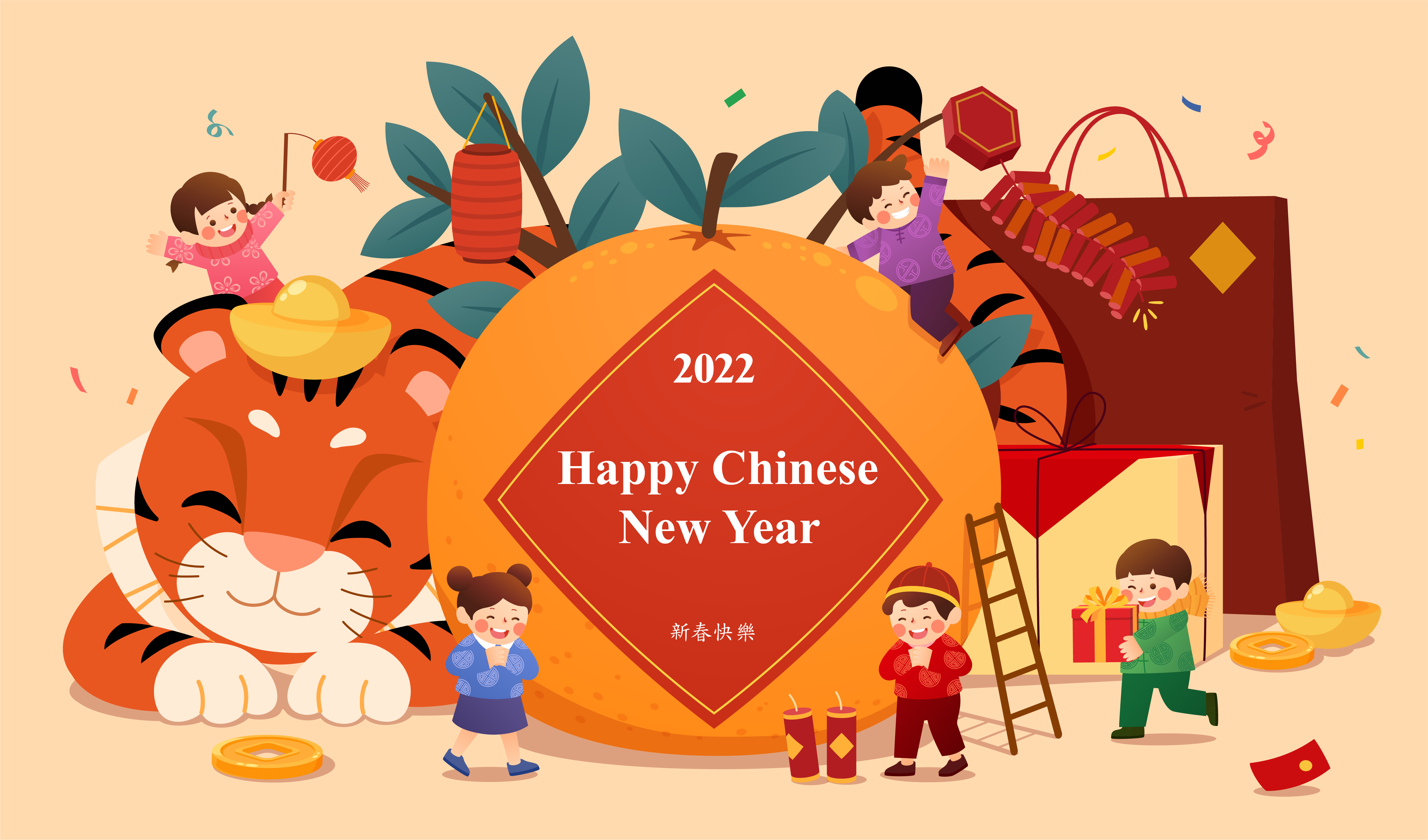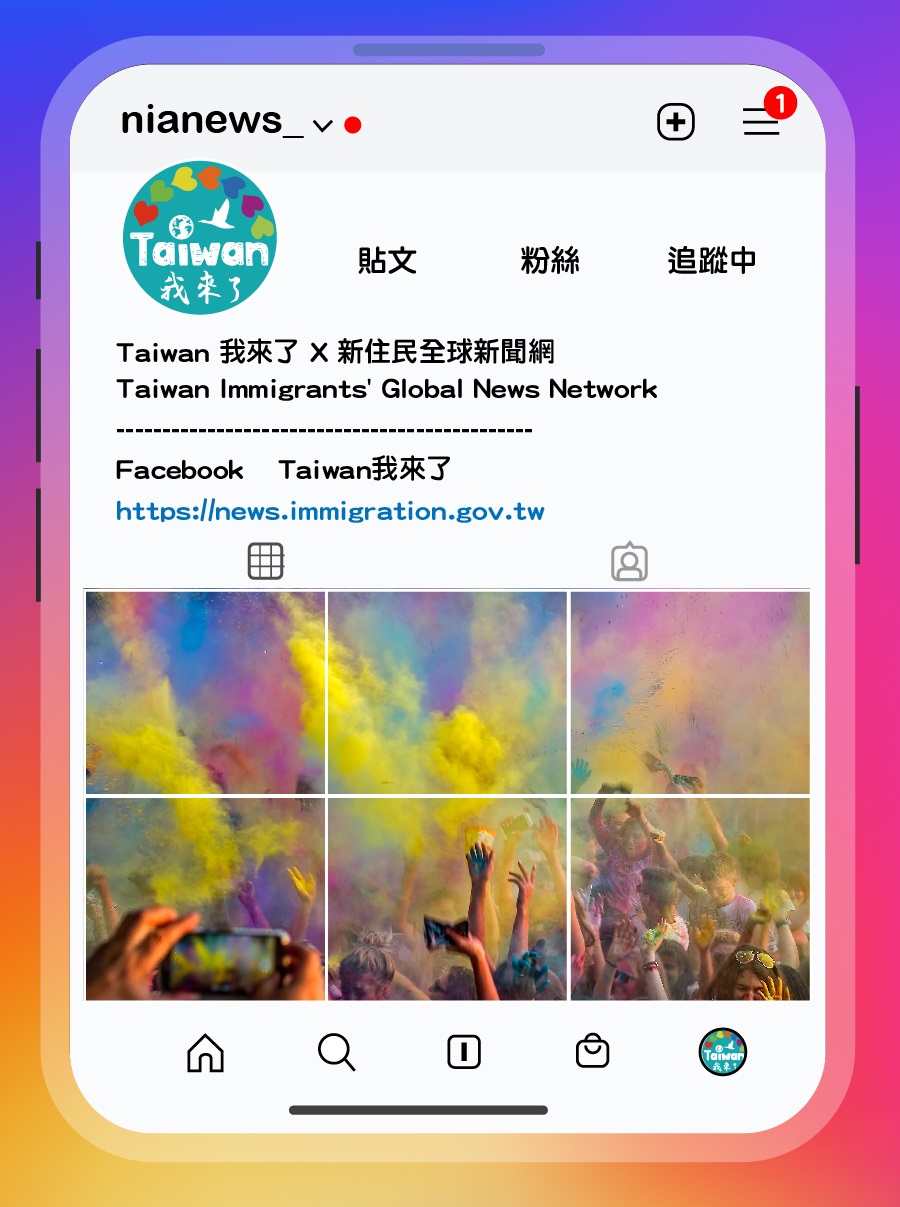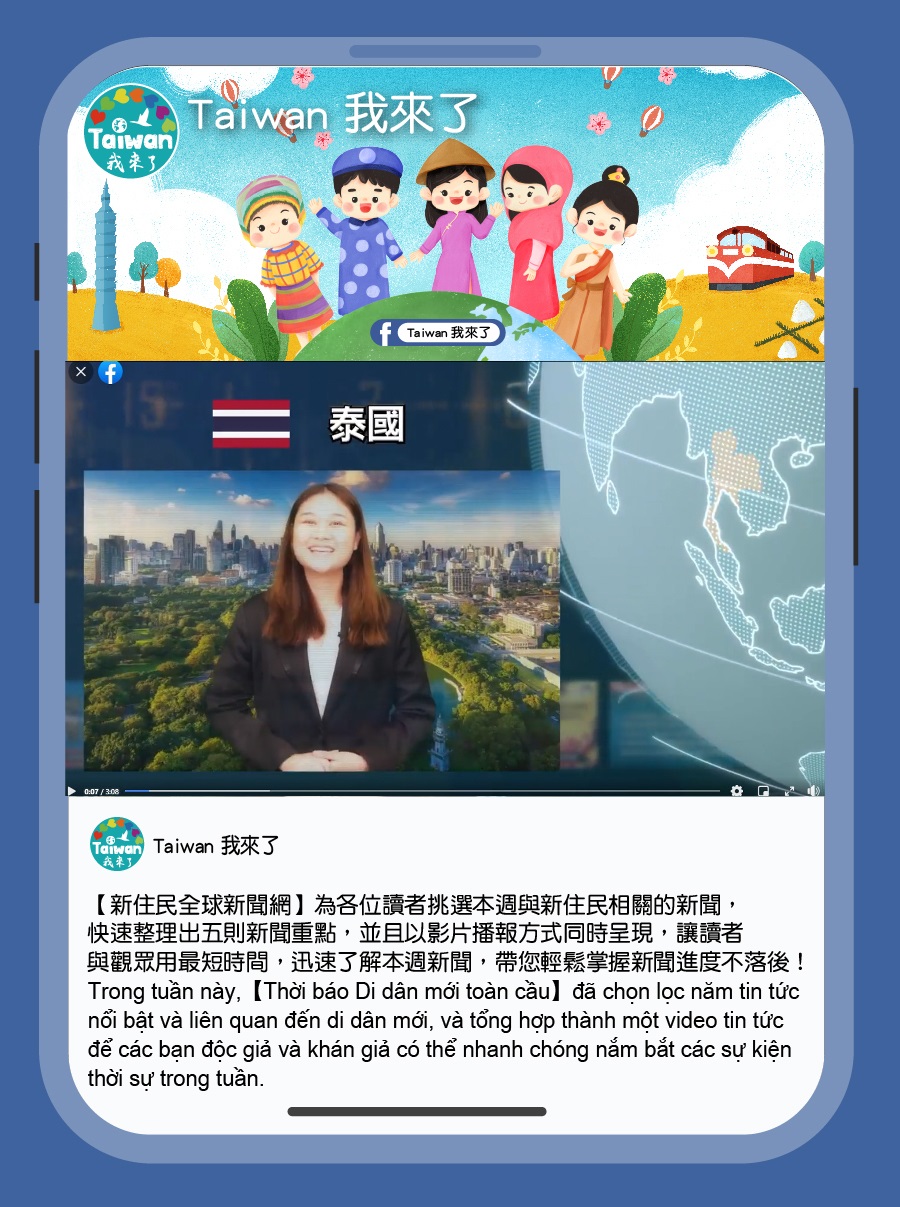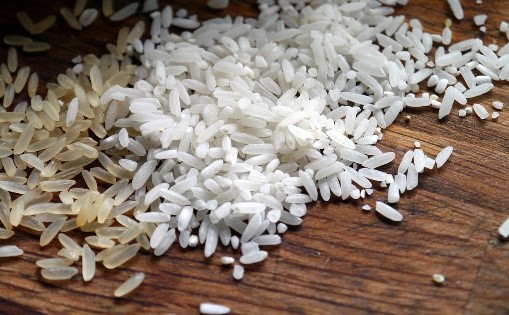
In the Chinese community, the Lunar New Year is the most important festival of all. For a thousand years, this cultural custom has spread far and reached Southeast Asia, and it has become a tradition that lasts until today.
The total number of new immigrants who have settled in Taiwan and migrant workers who are working in Taiwan has approached 2 million. Therefore,【Taiwan Immigrants' Global News Network】has compiled different Chinese New Year celebrations among countries such as the Philippines, Indonesia, Vietnam, and Thailand, enabling people in Taiwan & employers to understand migrant workers’ hometowns and the local cultures.
Read More: American adventurer "Xiao Fei" invites UK YouTuber to make English mulled wine at campsite
0131.jpg)
【Taiwan Immigrants' Global News Network】has compiled different Chinese New Year celebrations. (Photo / Retrieved by Pixabay)
- Lunar New Year in the Philippines
Most Filipinos are Christians and the Chinese account for only about 12% of the Philippine population. In 2004, the Philippines designated the Spring Festival as a national public day without a holiday. Chinese schools would have two days off on New Year's Eve and New Year's Day.
Besides, the number 12 is the most popular lucky number linked with the New Year. It represents the 12 months of the year. Round fruits, for example, are commonly displayed in 12 around the home by most families. Coins are a symbol of prosperity and abundance. As a result, it's no surprise that Filipinos put coins around their houses during their New Year's Eve celebrations.
- Lunar New Year in Indonesia
Indonesia is the most populous country in Southeast Asia, with Muslims making up most of the population and a small proportion of Chinese. Since 2002, the Indonesian government has officially designated the Lunar New Year as an official holiday with one day off.
On February 18, 2000, Indonesia's fourth president, Abdurrahman Wahid, officially abolished the 30-year-old ban on Chinese people celebrating the New Year and Lantern Festival in public. Thus, there is a holiday ever since then.
【Taiwan Immigrants' Global News Network】has compiled different Chinese New Year celebrations. (Photo / Retrieved by Pixabay)
- Lunar New Year in Vietnam
The Vietnamese Lunar New Year is also known as "New Year's Day". The national holidays start from New Year's Eve to the fifth day of the Chinese New Year. The difference between the cultures in Taiwan and Vietnam is that Vietnamese would worship their ancestors on the first day of the new year. After that, the New Year Envelope will be distributed followed by the whole family eating "square rice dumplings" and writing Chinese calligraphy by sitting on the ground. This is because Vietnamese believe that being close to the earth can help them remove diseases from the body.
In addition, the decorations for the Vietnamese New Year are peach blossoms that symbolize avoiding evil spirits, potted plants with kumquats that symbolize luck, and five-fruit pots that are used to worship ancestors.
- Lunar New Year in Thailand
As there are about 9 million Chinese in Thailand, accounting for 14% of the total population of Thailand, and at least 40% of the local Thai people have Chinese ancestry, so many important Chinese festivals are celebrated in Thailand.
In addition, the Thai government has set the Chinese New Year as a "special statutory holiday" in 2021, which will help boost the economic growth of various regions in the country and promote the development of domestic tourism.

0131.jpg)





